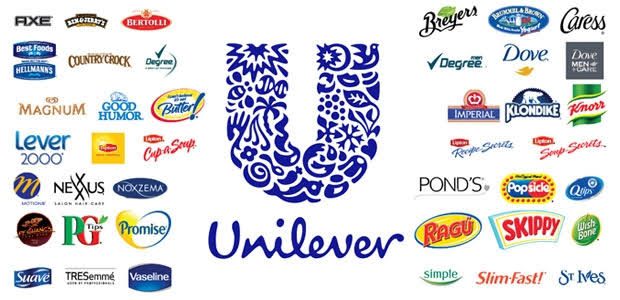The Central Bank of Nigeria’s aggressive interest rate hike have pushed borrowing costs to multi-year highs, forcing consumer goods companies into financial strain. Experts warn that the rising cost of servicing loans is eating into corporate profits and could drive up the prices of essential consumer products. A report seen by 9am News Nigeria reveals that financing costs for businesses surged by 56% in 2024 alone.
CBN’s strategy to curb inflation has significantly impacted businesses, adding an extra ₦811.7 billion to the total financing costs of eight major consumer goods firms. The central bank increased benchmark interest rates from 18% in July 2023 to 27.5% by the end of 2024, as inflation remained high, averaging 32%.
According to Uzo Uchenna, a professor of marketing, the hike in interest rate aimed at controlling inflation has instead escalated operational expenses. Consumer goods analyst Bolaji Agboola also pointed out that businesses are struggling with high input costs, leading to a sharp increase in the cost of doing business while sales decline.
“High interest rates and the devaluation of the naira on foreign-denominated loans have driven up finance costs for fast-moving consumer goods firms,” Agboola noted. He suggested that companies can mitigate borrowing costs by restructuring product portfolios, reducing wastage, and optimizing inventory and machinery.
While most companies have suffered under the rising rates, three major firms—Unilever Nigeria (-97.8%), Cadbury Nigeria (-41.2%), and Nascon Allied Industries (-18.06%)—saw declines in financing costs. However, others were hit hard, with Champion Breweries seeing the highest spike at 529.4%, followed by Guinness Nigeria (197.5%), Nestle Nigeria (68.22%), Dangote Sugar Refinery (49.4%), and BUA Foods (14.9%).
Beyond interest rate hikes, consumer goods companies have also faced economic pressure from the naira’s devaluation, leading to mounting foreign exchange losses. Abiodun Keripe, managing director at Afrinvest Consulting Limited, highlighted that interest rate movements and currency devaluation are the two biggest factors increasing financing costs for these firms.
Despite the financial burden, there is hope that if the naira stabilizes and inflation slows, regulators may reduce lending rates, offering relief to businesses struggling under the current economic climate.
Stay tuned to 9am News Nigeria for more Breaking News, Business News, Sports updates And Entertainment Gists.
















